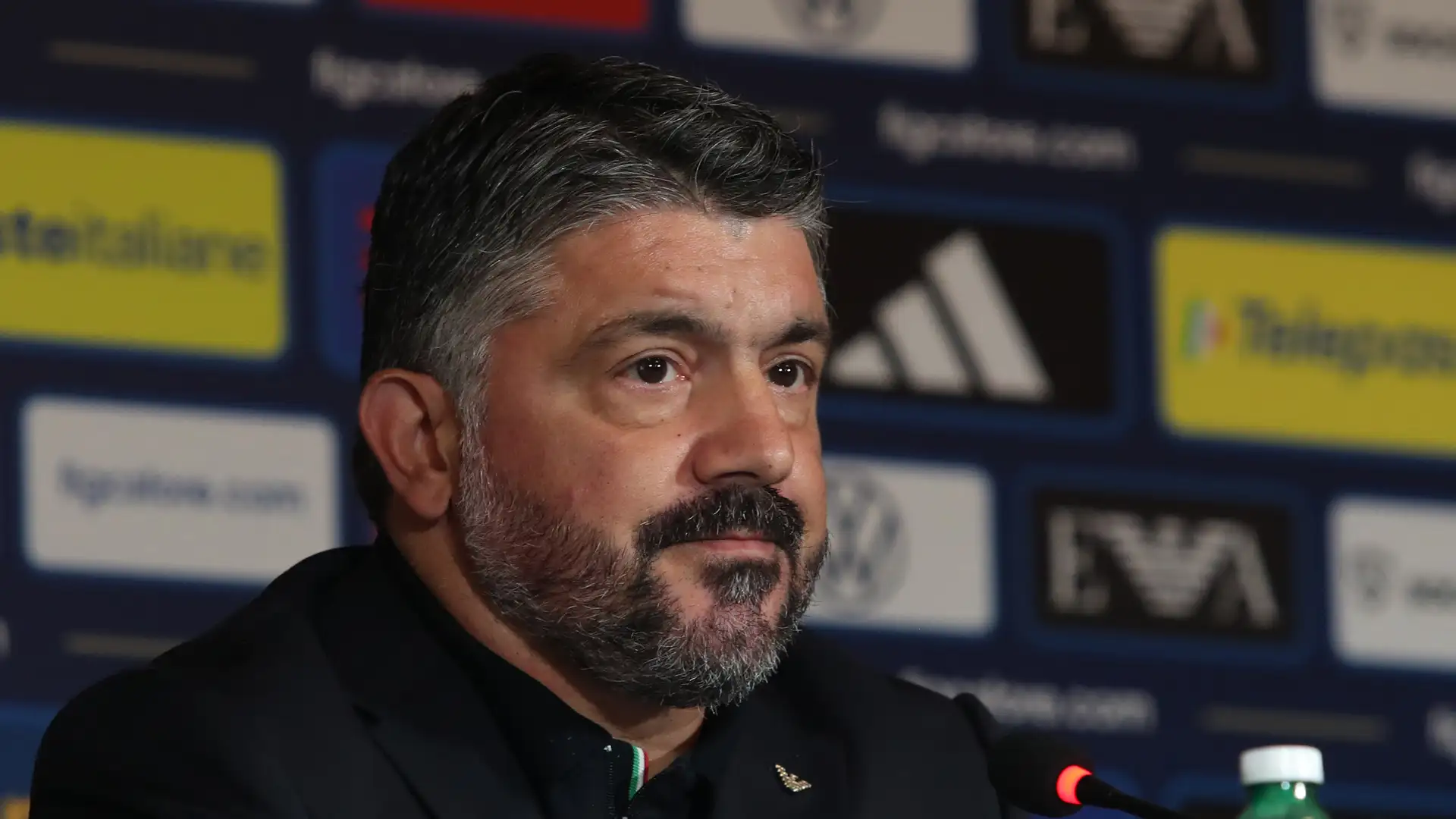
Gennaro Gattuso Urges ‘Reflection’ Over Lack of Homegrown Talent in Serie A
New Italy Coach Highlights Foreign Dominance in Top Flight
There was something almost poetic in the way Gennaro Gattuso spoke, freshly wearing the Azzurri badge on his chest. The words came not with fanfare but with a quiet conviction—a reminder that behind every tactical decision lies a story, a history, a purpose. With Italy’s recent appointment as coach, Gennaro Gattuso used the stage to deliver a message aimed far beyond his own role: Serie A is in danger of losing its identity, and only by believing in Italian youth can the national team find its future.
What Happened? The Numbers That Sparked Reflection
At his unveiling press conference, Gennaro Gattuso didn’t hide behind political correctness or clichés. He pulled out a statistic that he felt demanded attention: last season in Serie A, 68% of players were foreign, leaving only 32% homegrown Italians on the field.
“This data should make us reflect,” he said. “We must give our young people the chance to grow. This is the change. Let’s find enthusiasm again—the word ‘fear’ must not exist.”
To Gennaro Gattuso, the statistic wasn’t just about numbers; it was a sign of something deeper—a structural issue affecting coaches, clubs, and ultimately the national team. If Serie A continues to lean heavily on imports, where, he asked, will the next Italian generation get their chance?
The Bigger Picture: Italy’s Crisis Isn’t Just on the Pitch
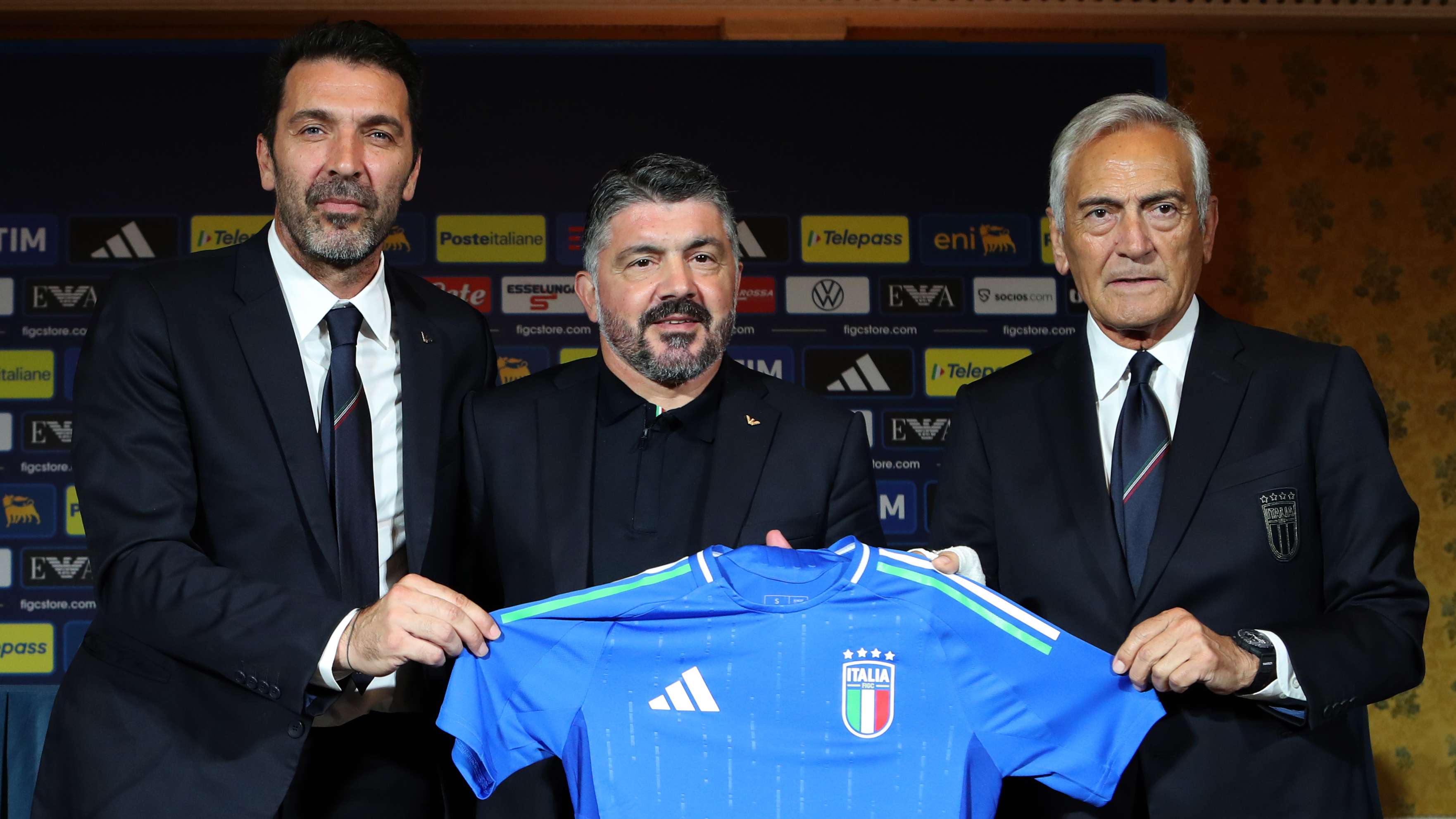
This isn’t an Italy team heading into EUROs or World Cup finals—it’s a national squad scrambling to qualify for 2026, with nerves taut and expectations dangling in the balance. Gennaro Gattuso’s appointment comes at a precarious moment: the system that once churned out champions has been producing too few local talents, and the national team is paying the price.
He’s not the only voice concerned. Fans have watched as star players from Ajax, Bayern, and PSG outshine local Serie A hopefuls. Clubs, in pursuit of immediate results or commercial rewards, often bypass homegrown options. The result? Men like Gennaro Gattuso—champions from a different footballing era—see a cycle repeating that could diminish Italy’s greatness.
What Gennaro Gattuso Said: A Coach Leading Beyond Tactics
Graft, grit, pride in the badge: these values defined Gennaro Gattuso as a player. It’s no surprise he expects them from his teams now, whether they wear the national team kit or Serie A colours.
He offered a reflection, yes, but also a challenge—and a hopeful blueprint.
“We must give our young people the chance to grow,” Gennaro Gattuso said. And he didn’t mean token appearances. He spoke of growth under pressure, real opportunity in front of the cameras and coaches that demand growth, not perfection. He talked about ending the culture of fear that pushes coaches to pick the safe veteran over the untested rising star.
That’s a call not just to his players, but to clubs, coaches, and the entire system. It’s a plea for ambition soaked in patience—something that Italy’s football DNA once lived by.
Challenges and Opportunities: The Road Ahead
It isn’t enough to talk—is Gennaro Gattuso preparing to walk the walk?
Italy’s schedule ahead includes a World Cup qualifier vs Estonia in September—his first real chance to begin sculpting a squad that mixes his fiery spirit with fresh blood.
At club level, the burdens of foreign dominance fall not just on the Azzurri but on all of Serie A. Even mid-table teams now feature more international names than local hopefuls. If clubs don’t reset their approach—even with limited budgets—it becomes harder each season for Italian talents to develop in the domestic cauldron.
Gattuso knows that depth is essential. You can’t start a golden revolution with just 18 or 19-year-olds, but history shows that balanced squads—with a core of domestic talent—win cups and develop players at the same time.
Comparing Before: The Age When Serie A Mattered
It wasn’t so long ago that Serie A was the golden hub of European football. It was a league—Naples v Juventus, AC v Inter, Lazio v Roma—built on identity, local rivalry, style, passion, and yes, rising young Italian talent taking on the league’s greatest.
But while Serie A’s profile has slipped compared to La Liga or the Premier League, it hasn’t lost its edge entirely. The stadiums remain full, the tactics remain competitive, and Gennaro Gattuso believes the potential to create a new generation of stars is still ticking inside at least half the clubs.
The key question now becomes how far sporting directors, coaches, and owners will lean into that truth—and how soon.
Italy’s Plan B: What Gennaro Gattuso Might Do
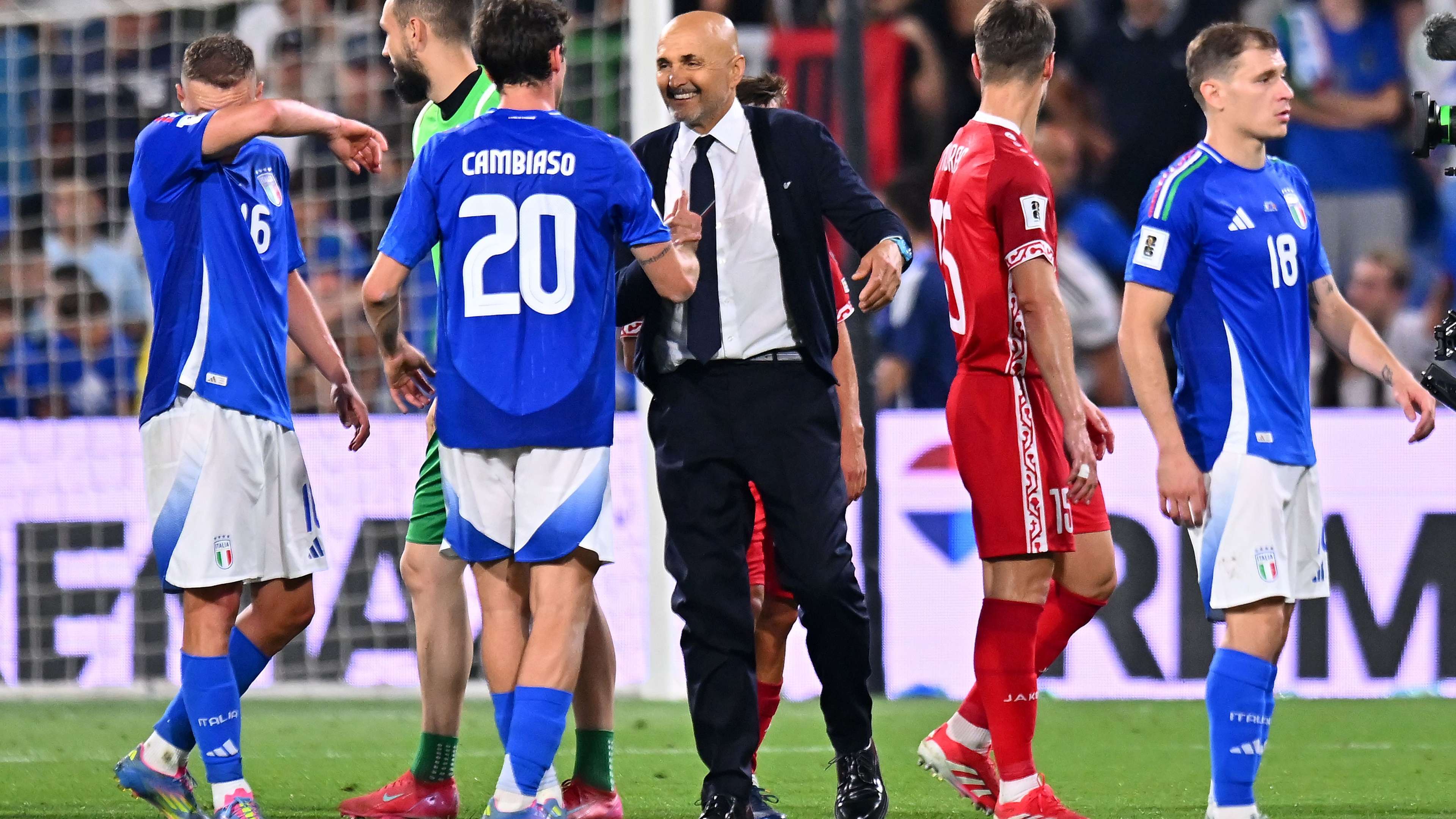
He’s not wasting time. In the coming months, his choices—whether to keep calling up experienced midfielders or hand a cap to a teenage attacker—will reveal how serious this philosophy really is.
One can imagine a team sheet: veteran defenders for balance, rising attackers for fresh legs and fluidity, midfielders a mix of dynamism and experience. It’s a squad that demands Italian flair but embraces the international game.
That lineup could be Italy 2.0—resilient, tactically smart, and unafraid to trust local talent again.
Coaches, Clubs, and Culture: A System That Must Shift
Italy’s coach is only one piece of the puzzle. Serie A coaches must, too, give real game time to Italian talents, not bench them until the final minutes. Sporting directors must scout beyond the glamour signings, looking instead for domestic promise. Club owners must back this longer route—even if it delays immediate success.
Gattuso’s words were powerful on paper. But they’ll echo loudly only if Italy’s collective football ecosystem adjusts to back them.
A Win Goes Beyond the Scoreboard
Gattuso never stopped being Gennaro. He’s not about slogans. His call for reflection sits on real experience—a former player, a coach, someone who knows that belief breeds development, and development breeds trophies.
If Italy qualifies for 2026, it will be more significant than three points. It could signify a shift. A generational reset. A league rebuilding its soul. A national team reconnecting with its roots.
That would make Gennaro Gattuso’s message something more than a good speech. It would make it a turning point.
Final Thoughts: Italy at a Crossroads
Gennaro Gattuso’s tenure begins with a wake-up call—but whether it becomes a catalyst depends on actions, not tweets.
He’s not just coaching a team—he’s challenging a culture. He wants coaches to stop playing it safe, clubs to bring youth through, and a system to rediscover a tradition of Italian grit and clever play.
This is a moment for reflection, yes—but also for bold, confident, decisive work. Serie A still has the talent. Italy still has the glory. But rediscovering both will require faith—like the kind Gennaro Gattuso made here clear he still has.
Let me know if you’d like this formatted into PDF, printed magazine columns, or split into serialised magazine features!




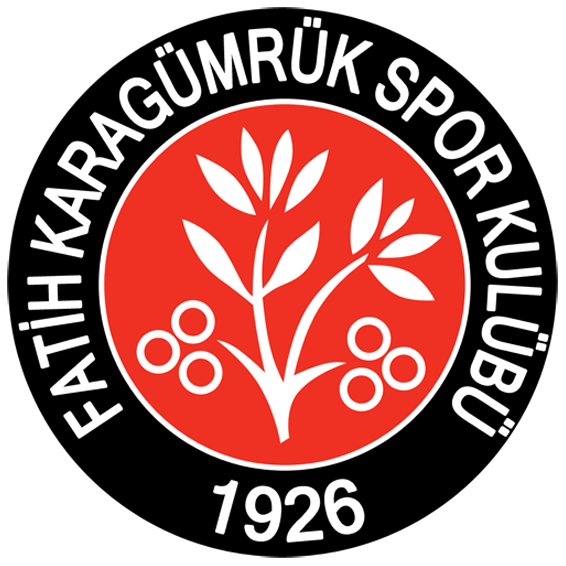








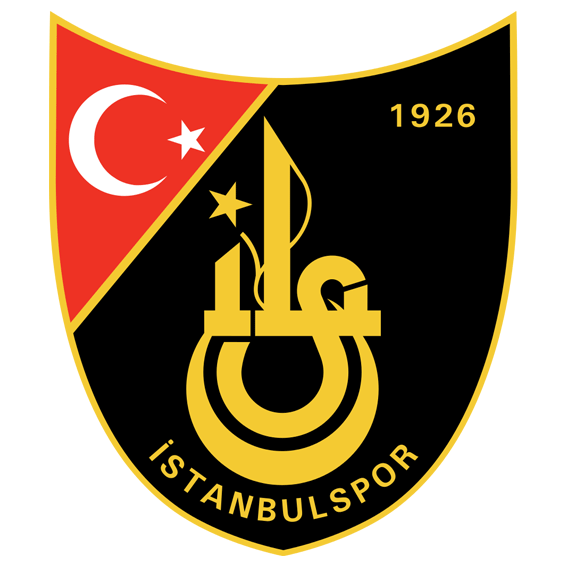



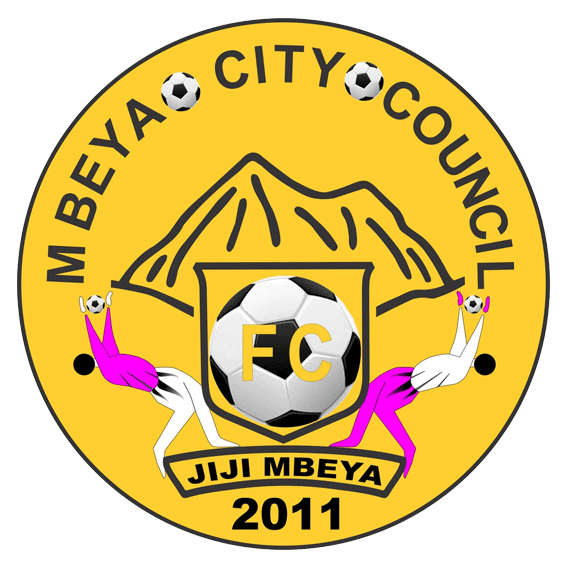




























There are no comments yet. Be the first to comment!